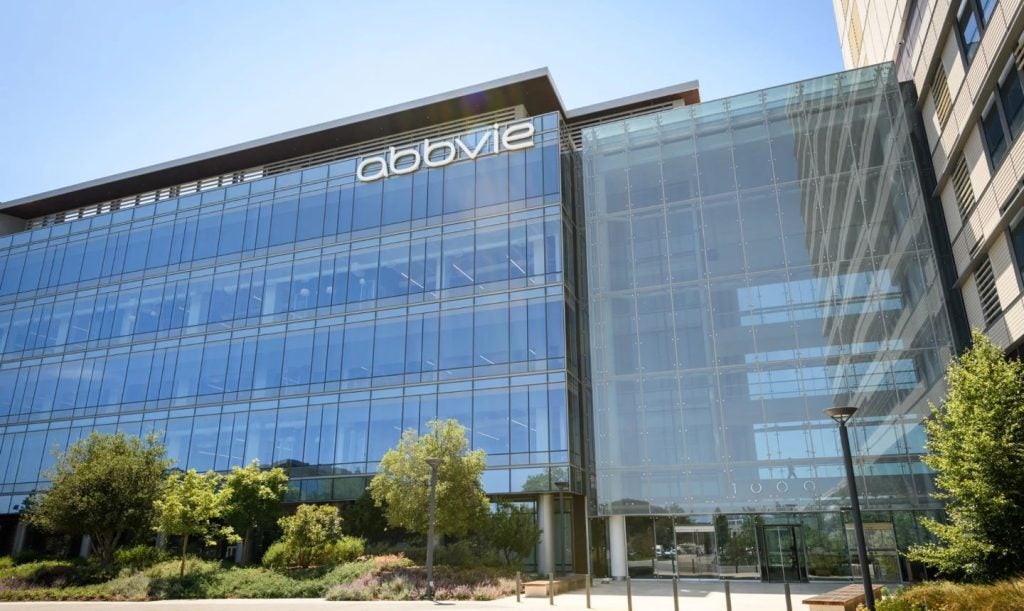The pharmaceutical industry continues to be a hotbed of patent innovation. Activity is driven by the evolution of new treatment paradigms, and the gravity of unmet needs, as well as the growing importance of technologies such as pharmacogenomics, digital therapeutics, and artificial intelligence. In the last three years alone, there have been over 787,000 patents filed and granted in the pharmaceutical industry, according to GlobalData’s report on Genomics in pharma: genetic engineered T-cells. Buy the report here.
According to GlobalData’s Technology Foresights, which uses over 668,000 patents to analyze innovation intensity for the pharmaceutical industry, there are 80+ innovation areas that will shape the future of the industry.
See Also:
Genetically modified T-cells is a key innovation area in genomics
Genetically modified T-cells are a kind of immunotherapy that uses patients’ own T-cells to kill the cancer cells. The various modified T-cell therapies include chimeric antigen receptor T-Cell (CAR-T) therapy and T-Cell Receptor (TCR) therapy. They are made by collecting T-cells from patients, re-engineering them in a laboratory and then inserting them back into the patient.
GlobalData’s analysis also uncovers the companies at the forefront of each innovation area and assesses the potential reach and impact of their patenting activity across different applications and geographies. According to GlobalData, there are 170 companies, spanning technology vendors, established pharmaceutical companies, and up-and-coming start-ups engaged in the development and application of genetically modified T-cells.
Key players in genetically modified T-cells – a disruptive innovation in the pharmaceutical industry
‘Application diversity’ measures the number of applications identified for each patent. It broadly splits companies into either ‘niche’ or ‘diversified’ innovators.
‘Geographic reach’ refers to the number of countries each patent is registered in. It reflects the breadth of geographic application intended, ranging from ‘global’ to ‘local’.
Patent volumes related to genetically modified T-cells
| Company | Total patents (2010 - 2022) | Premium intelligence on the world's largest companies |
| Cellectis | 314 | Unlock Company Profile |
| Gilead Sciences | 198 | Unlock Company Profile |
| Memorial Sloan Kettering Cancer Center | 136 | Unlock Company Profile |
| CRISPR Therapeutics | 121 | Unlock Company Profile |
| NEW HOPE, CITY OF | 111 | Unlock Company Profile |
| Amgen | 106 | Unlock Company Profile |
| Seattle Children's Hospital | 98 | Unlock Company Profile |
| bluebird bio | 93 | Unlock Company Profile |
| Autolus | 89 | Unlock Company Profile |
| CARsgen Therapeutics | 85 | Unlock Company Profile |
| Nanjing Legend Biotech | 81 | Unlock Company Profile |
| Miltenyi Biotec | 70 | Unlock Company Profile |
| Pfizer | 70 | Unlock Company Profile |
| Genscript Biotech | 68 | Unlock Company Profile |
| Fred Hutchinson Cancer Research Center | 66 | Unlock Company Profile |
| Immatics | 56 | Unlock Company Profile |
| Takeda Pharmaceutical | 55 | Unlock Company Profile |
| Allogene Therapeutics | 54 | Unlock Company Profile |
| 2Seventy Bio | 45 | Unlock Company Profile |
| City of Hope | 44 | Unlock Company Profile |
| EXUMA Biotech | 41 | Unlock Company Profile |
| iCell Gene Therapeutics | 37 | Unlock Company Profile |
| KSQ Therapeutics | 37 | Unlock Company Profile |
| Regeneron Pharmaceuticals | 35 | Unlock Company Profile |
| CBMG | 35 | Unlock Company Profile |
| Eureka Therapeutics | 34 | Unlock Company Profile |
| NantWorks | 34 | Unlock Company Profile |
| St. Jude Children’s Research Hospital | 33 | Unlock Company Profile |
| Poseida Therapeutics | 31 | Unlock Company Profile |
| Precigen | 29 | Unlock Company Profile |
| Caribou Biosciences | 28 | Unlock Company Profile |
| Johnson & Johnson | 28 | Unlock Company Profile |
| CytoImmune Therapeutics | 27 | Unlock Company Profile |
| Cogent Biosciences | 26 | Unlock Company Profile |
| Adicet Bio | 26 | Unlock Company Profile |
| Sangamo Therapeutics | 26 | Unlock Company Profile |
| PPF Group | 25 | Unlock Company Profile |
| Shanghai Unicar-Therapy Bio-Medicine Technology | 24 | Unlock Company Profile |
| Pact Pharma | 23 | Unlock Company Profile |
| Inhibrx | 22 | Unlock Company Profile |
| Cartherics | 22 | Unlock Company Profile |
| Guangzhou Bio-gene Technology | 20 | Unlock Company Profile |
| Novartis | 20 | Unlock Company Profile |
| Helix BioPharma | 20 | Unlock Company Profile |
| Nanjing Bioheng Biotech | 19 | Unlock Company Profile |
| Arcellx | 18 | Unlock Company Profile |
| Shanghai Cell Therapy Group | 17 | Unlock Company Profile |
| BioNTech | 17 | Unlock Company Profile |
| Children's Hospital of Philadelphia | 17 | Unlock Company Profile |
| GC | 17 | Unlock Company Profile |
Source: GlobalData Patent Analytics
Cellectis is the leading patent holder in genetically modified T-cells therapies. The company's lead assets are UCART-22 and UCART-20, which are CAR-T therapies in clinical development. The company is developing several drugs which target CD19. Apart from its mid-to-late-stage assets, the company is also working on drugs which are in early stages of development. The company also filed various patents for a new type of CAR-T, which could show promising results in the future.
In terms of application diversity, Memorial Sloan Kettering Cancer Center is the top patent filer, followed by Cartherics and Amgen. By means of geographic reach, Genscript Biotech holds the top position, while Amgen and Caribou Biosciences are in second and third positions, respectively.
To further understand the key themes and technologies disrupting the pharmaceutical industry, access GlobalData’s latest thematic research report on Genomics.
Premium Insights
From

The gold standard of business intelligence.
Blending expert knowledge with cutting-edge technology, GlobalData’s unrivalled proprietary data will enable you to decode what’s happening in your market. You can make better informed decisions and gain a future-proof advantage over your competitors.





